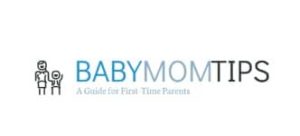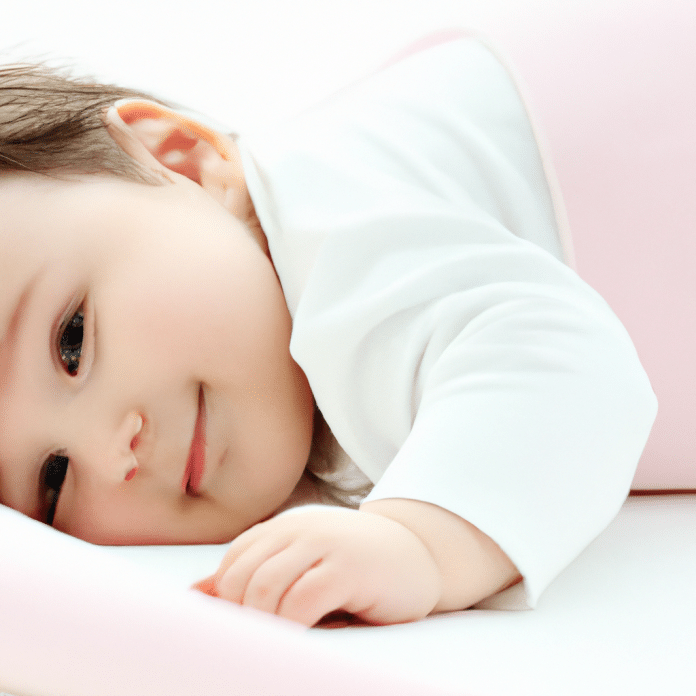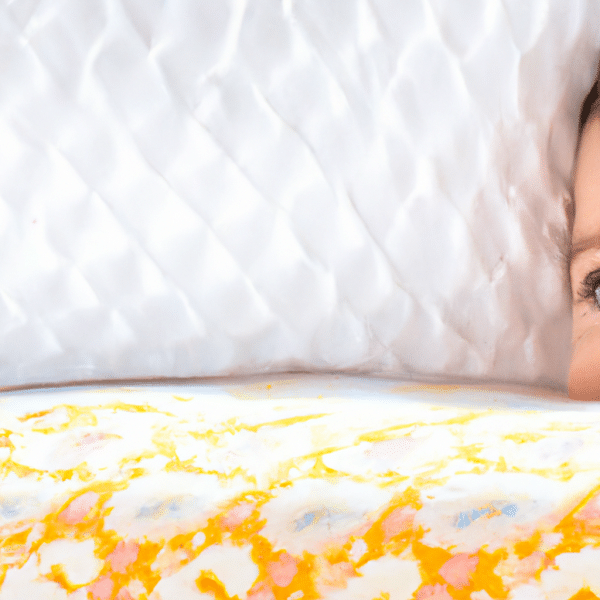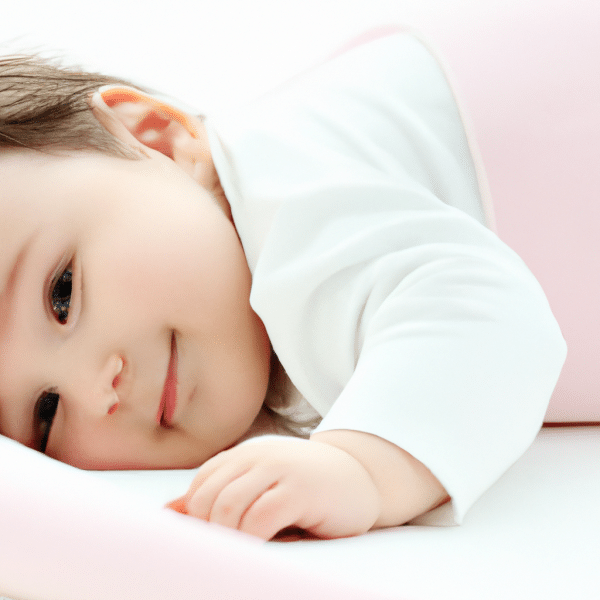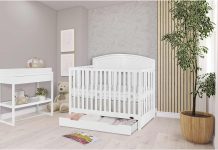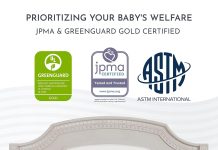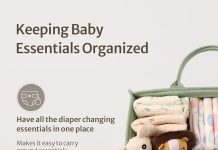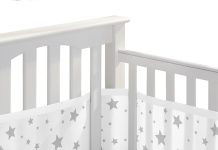When it comes to keeping our little one’s crib clean and cozy, one question that often arises is how frequently should we wash crib sheets? Understanding the importance of maintaining a clean sleeping environment for our babies, we delve into the topic, shedding light on the ideal frequency for washing crib sheets.
Review contents
Factors to Consider
When it comes to washing crib sheets, there are several factors to consider in order to determine how often they need to be cleaned. These factors include the baby’s age, seasonal factors, the frequency of diaper leaks, the presence of allergies, and general cleanliness. By taking these factors into account, parents can ensure that their baby’s crib sheets are kept clean and hygienic.
Baby’s age
The age of the baby plays a significant role in determining how often crib sheets should be washed. In the first few months of a baby’s life, they tend to have more frequent diaper leaks and spit-ups, which can result in stained and soiled sheets. As a result, it is advisable to wash crib sheets weekly during this period to ensure a clean sleeping environment for the baby.
Once the baby starts solids, the likelihood of food spills and stains on the crib sheets increases. Babies are notorious for experimenting with their food, often resulting in messy mealtimes. Therefore, it is recommended to wash crib sheets more frequently during this phase, perhaps every three to four days, to keep up with the increased messiness.
As the baby grows beyond the first year, they may become more independent and have fewer accidents or spills on the sheets. At this stage, washing the crib sheets once a week should suffice, unless there are exceptional circumstances such as illness or excessive sweating.
Seasonal factors
Seasonal factors also play a role in determining how often crib sheets should be washed. In hot and humid weather, babies may sweat more, leading to damp and potentially odorous sheets. During these months, it may be necessary to wash the crib sheets more frequently, perhaps every three to four days, to maintain a fresh and hygienic sleeping environment for the baby.
On the other hand, during drier months, babies may experience dry skin, which can result in increased shedding. This shedding may accumulate on the crib sheets, making them appear dirtier than they actually are. In this case, a weekly wash should be sufficient to keep the sheets clean and free from excess dust.
During the winter season, babies may spend more time indoors, resulting in increased exposure to indoor allergens. These allergens can settle on the crib sheets and potentially cause allergies or respiratory issues in sensitive babies. Therefore, it is advisable to wash the crib sheets more frequently during the winter season, perhaps every three to four days, to minimize allergen buildup and maintain a clean sleeping environment.
Frequency of diaper leaks
The frequency of diaper leaks can impact how often crib sheets need to be washed. During the newborn stage, babies tend to have more frequent diaper leaks due to their still-developing digestive systems. These leaks can result in stained and soiled sheets, making it necessary to wash the crib sheets more frequently, perhaps every two to three days, to keep them clean.
During the potty training period, accidents are more common as babies learn to use the toilet independently. This can result in wet or soiled crib sheets. Washing the crib sheets more frequently, such as every two to three days, can help ensure a clean and comfortable sleeping environment for the baby during the potty training phase.
The type of diaper being used can also affect the frequency of leaks. Some diaper brands are more prone to leaks than others. If the chosen diaper brand is known to have a higher likelihood of leaks, it may be necessary to wash the crib sheets more frequently to manage the potential mess.
Presence of allergies
The presence of allergies, either in the baby or in other family members, is another important factor to consider when determining how often crib sheets should be washed. If the baby has allergies, they may be more prone to skin irritations or allergic reactions from allergens present on the crib sheets. In such cases, washing the sheets more frequently, perhaps every two to three days, can help alleviate symptoms and maintain a clean and hypoallergenic sleeping environment.
Even if the baby does not have allergies, if other family members in the household have allergies, it may be necessary to wash the crib sheets more frequently to reduce the risk of allergens being transferred to the baby. This is particularly important if allergen-triggering materials, such as pet dander, are present in the environment. Washing the crib sheets every two to three days can help minimize allergen accumulation and create a healthier sleeping environment for the baby.
General cleanliness
General cleanliness is an important factor to consider when deciding how often to wash crib sheets. Babies have a habit of exploring their surroundings with their hands and feet, leading to potential dirt buildup on the crib sheets. Additionally, frequent spit-ups and baby drool can also soil the sheets and create an unclean sleeping environment. To maintain general cleanliness and hygiene, washing the crib sheets once a week is typically sufficient.
However, there may be environmental factors that contribute to increased dirt accumulation. If the baby’s room is located in an area with high dust levels, it may be necessary to wash the crib sheets more frequently to keep them clean and free from dust. Similarly, if there are pets in the household, their hair or dander can end up on the crib sheets, necessitating more frequent washing to minimize allergen exposure and maintain cleanliness.
Visible Stains
One of the signs to look for when determining if crib sheets need to be washed is the presence of visible stains. Babies are known for their ability to create messes, whether it’s through diaper leaks, food spills, or drooling. These stains can quickly accumulate on crib sheets and make them appear dirty.
